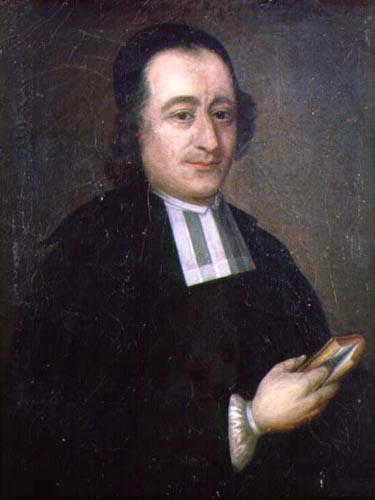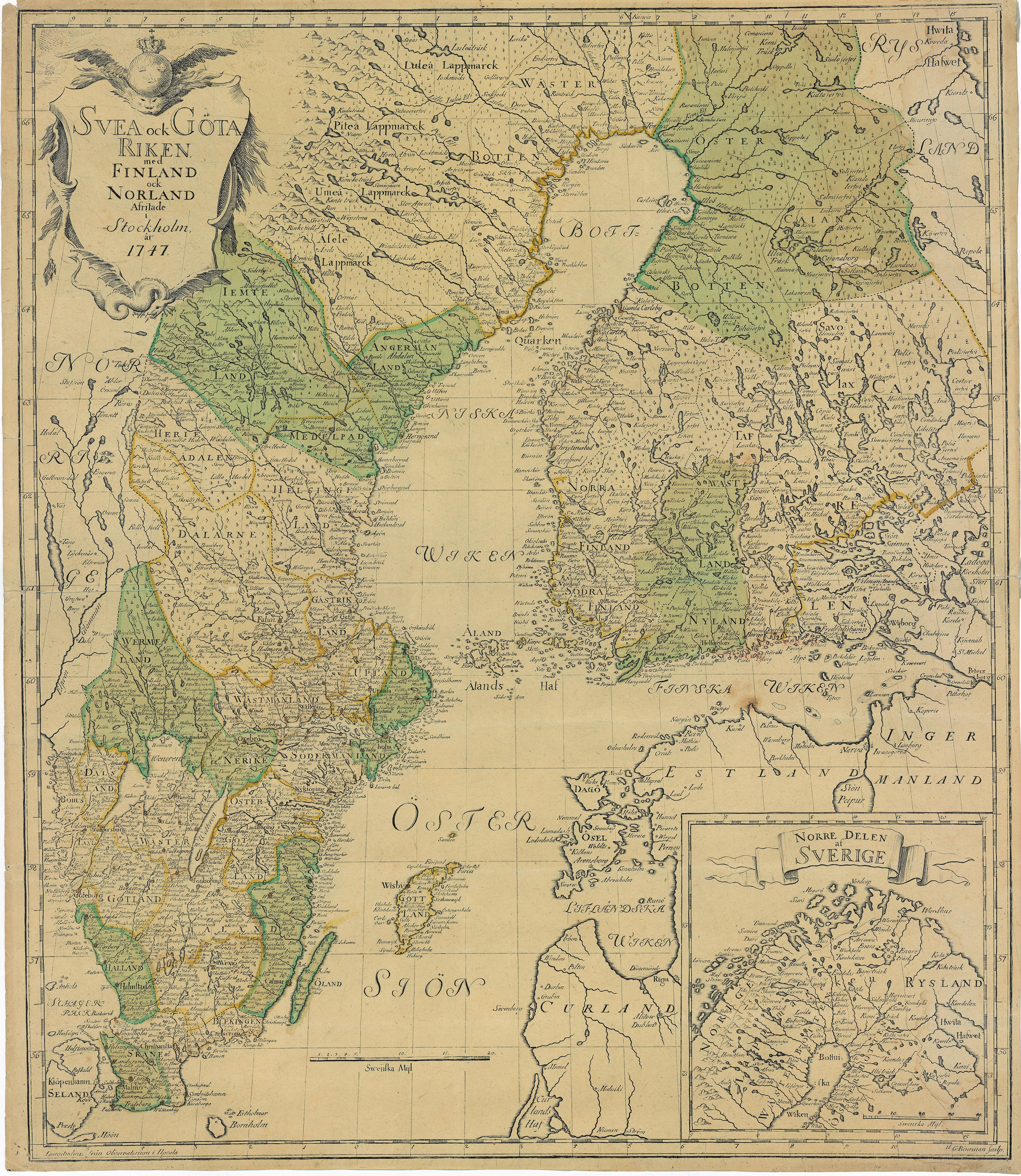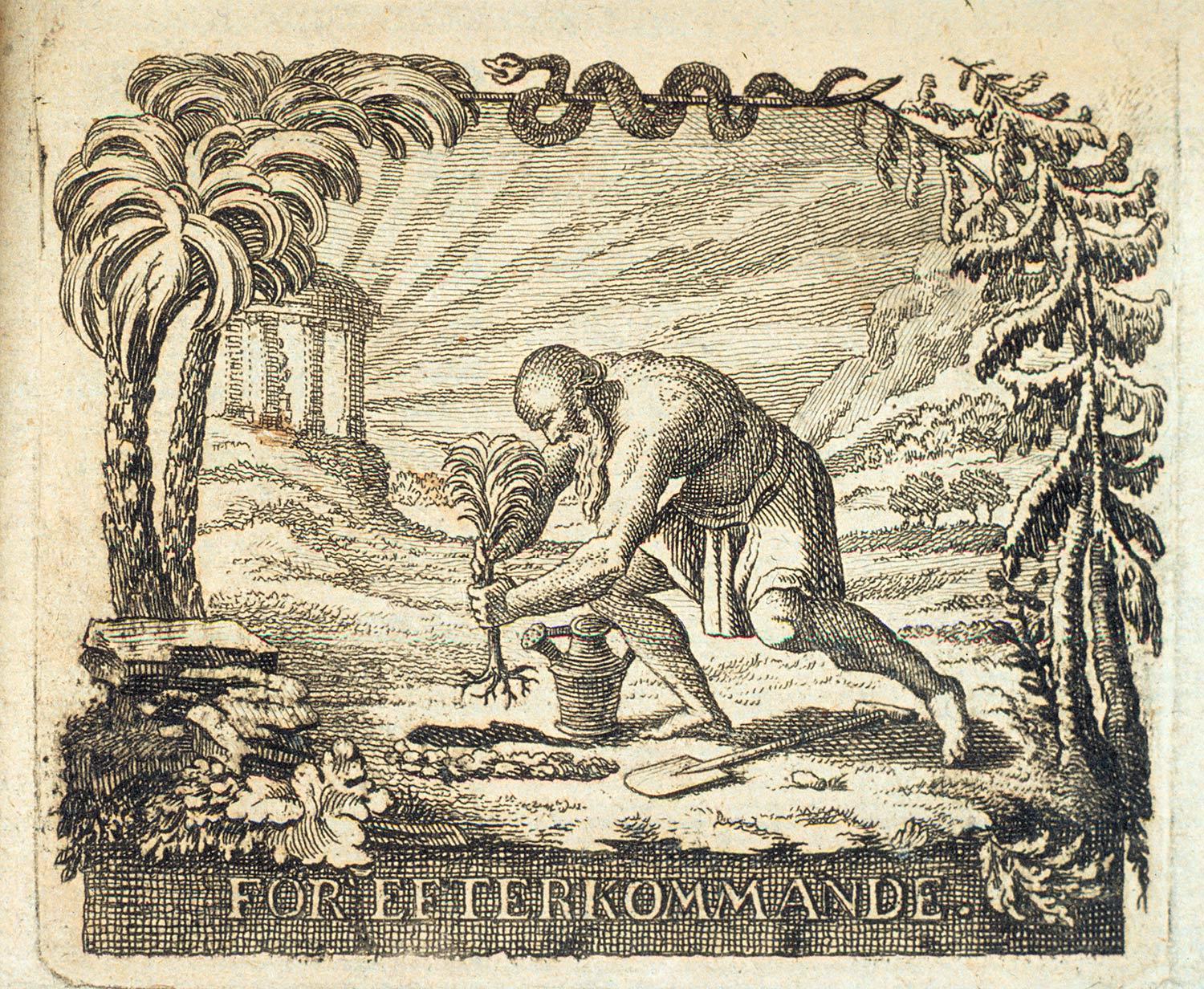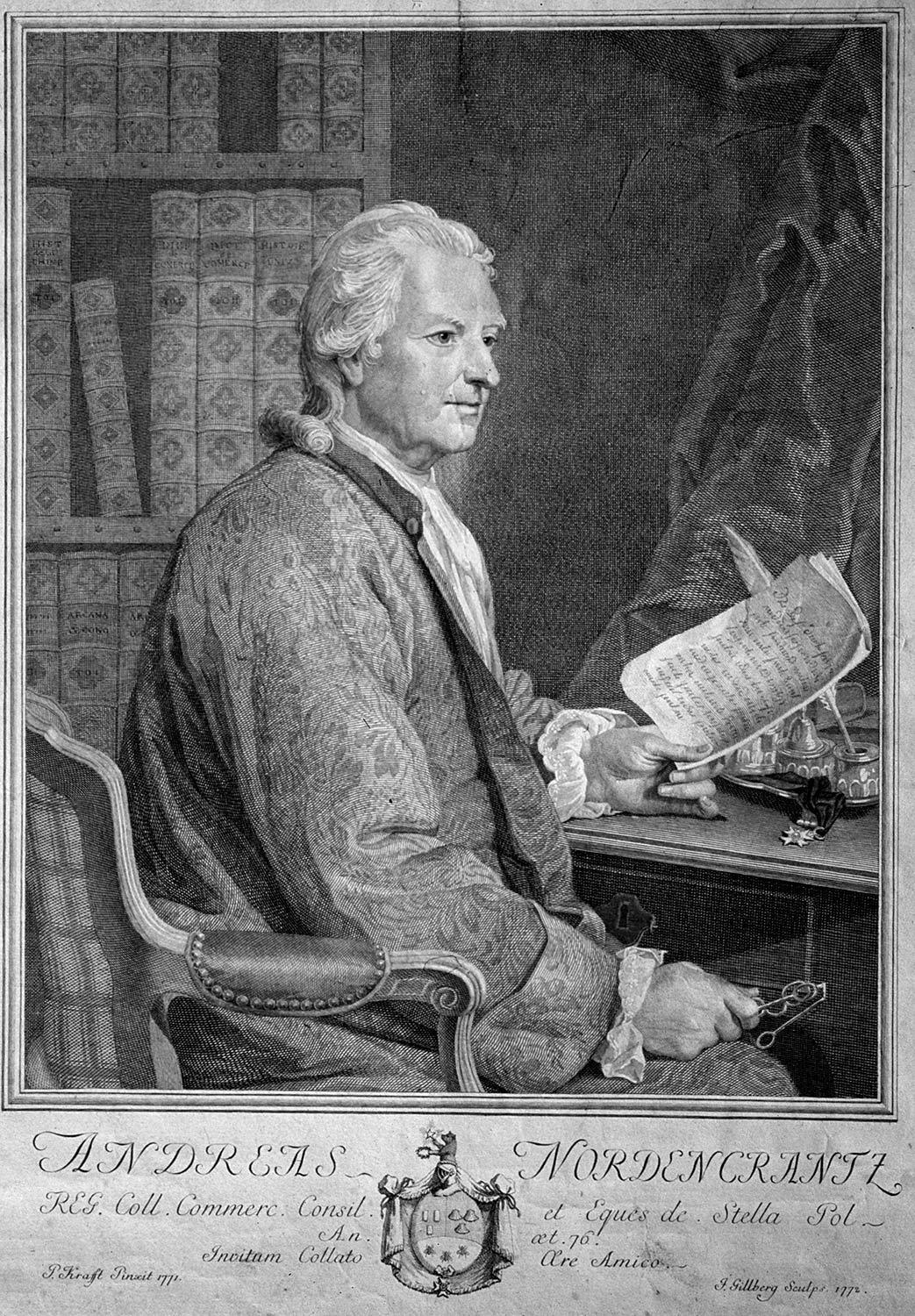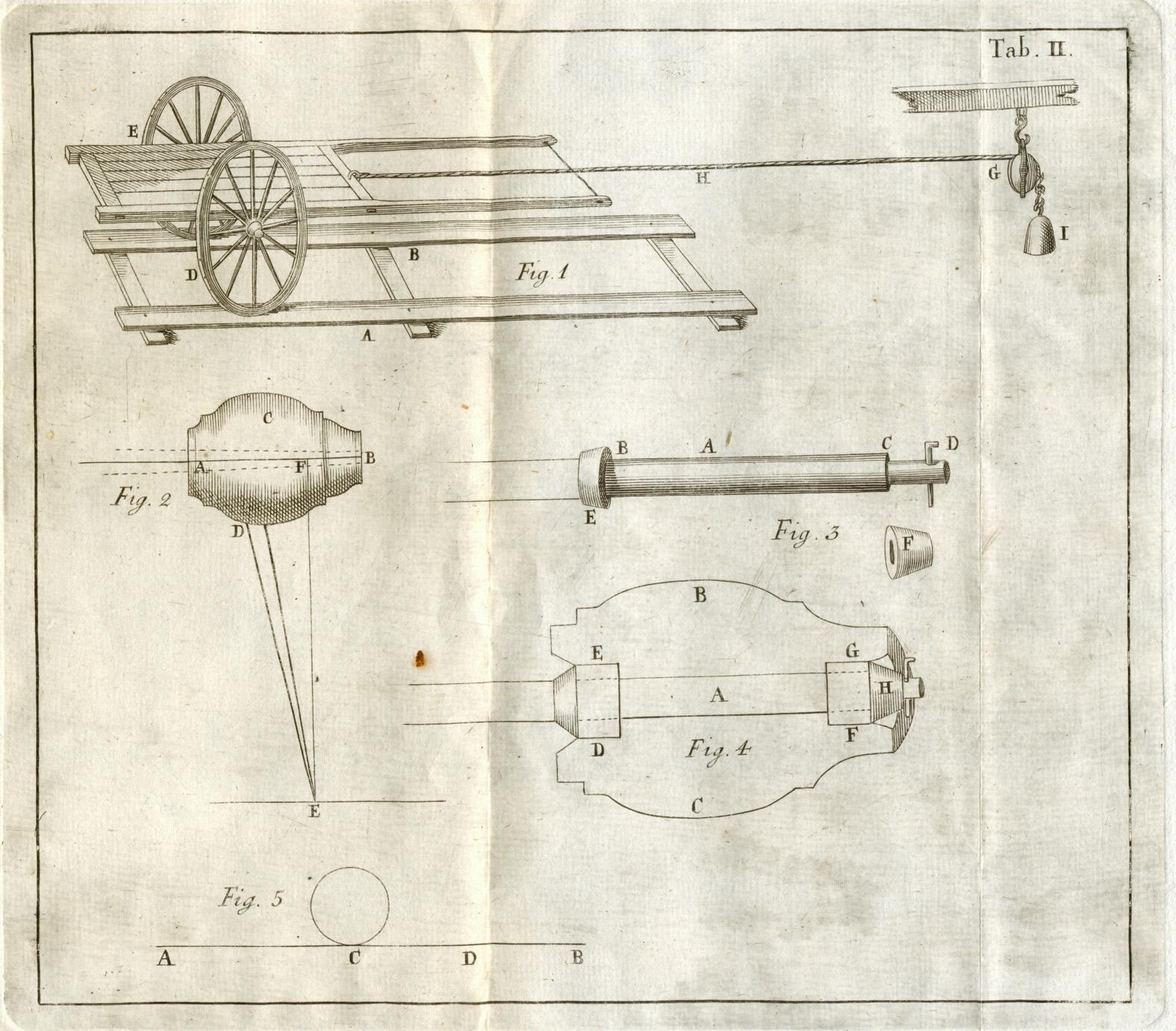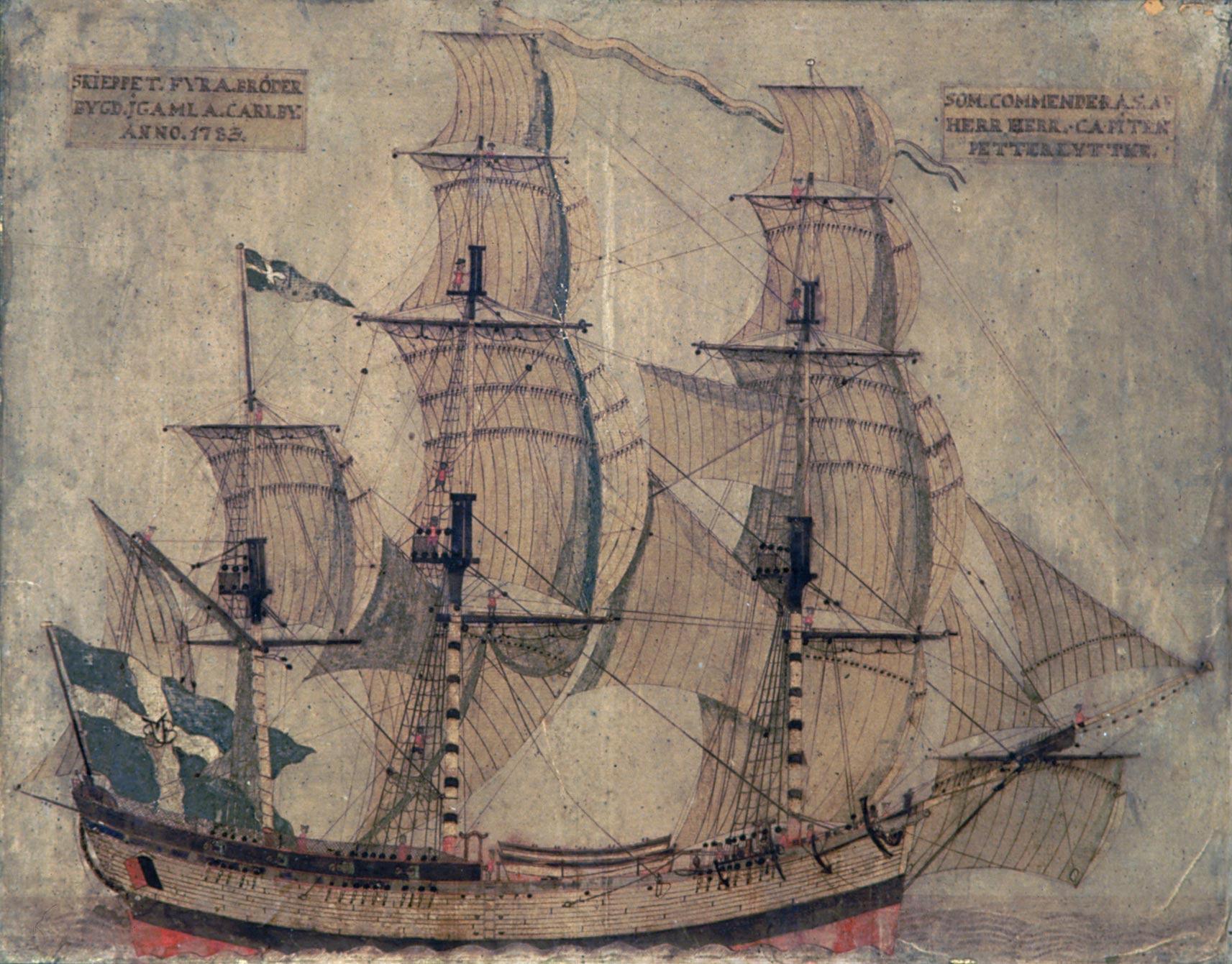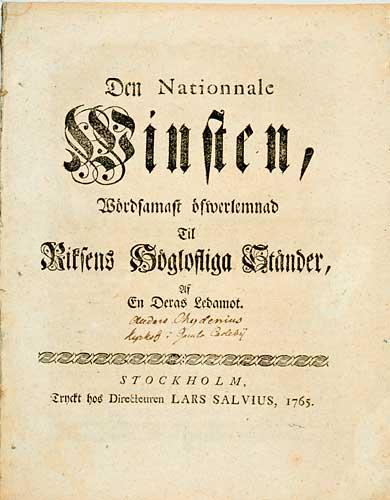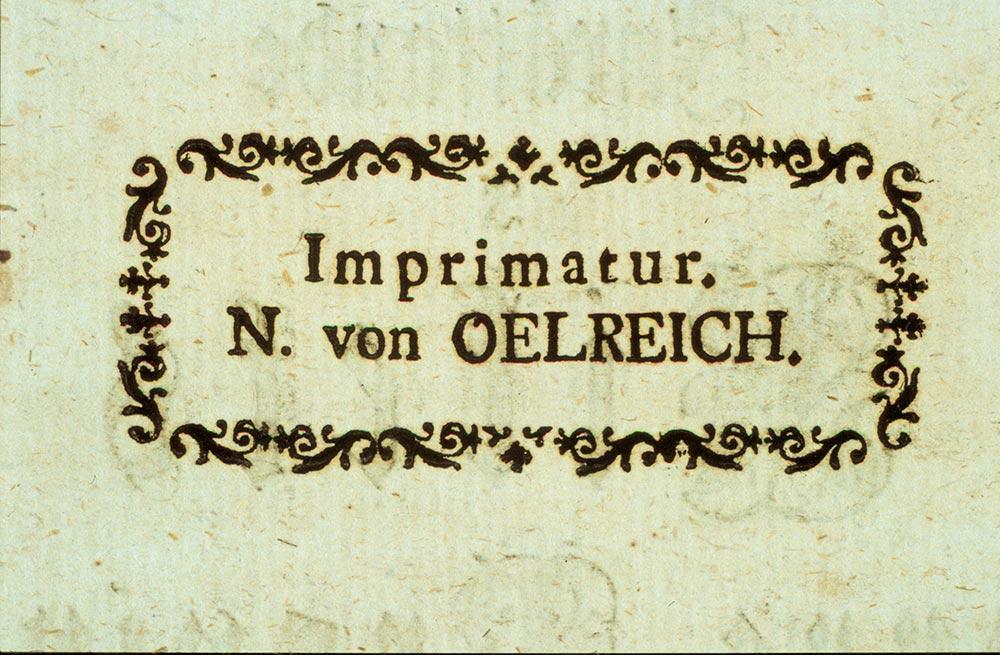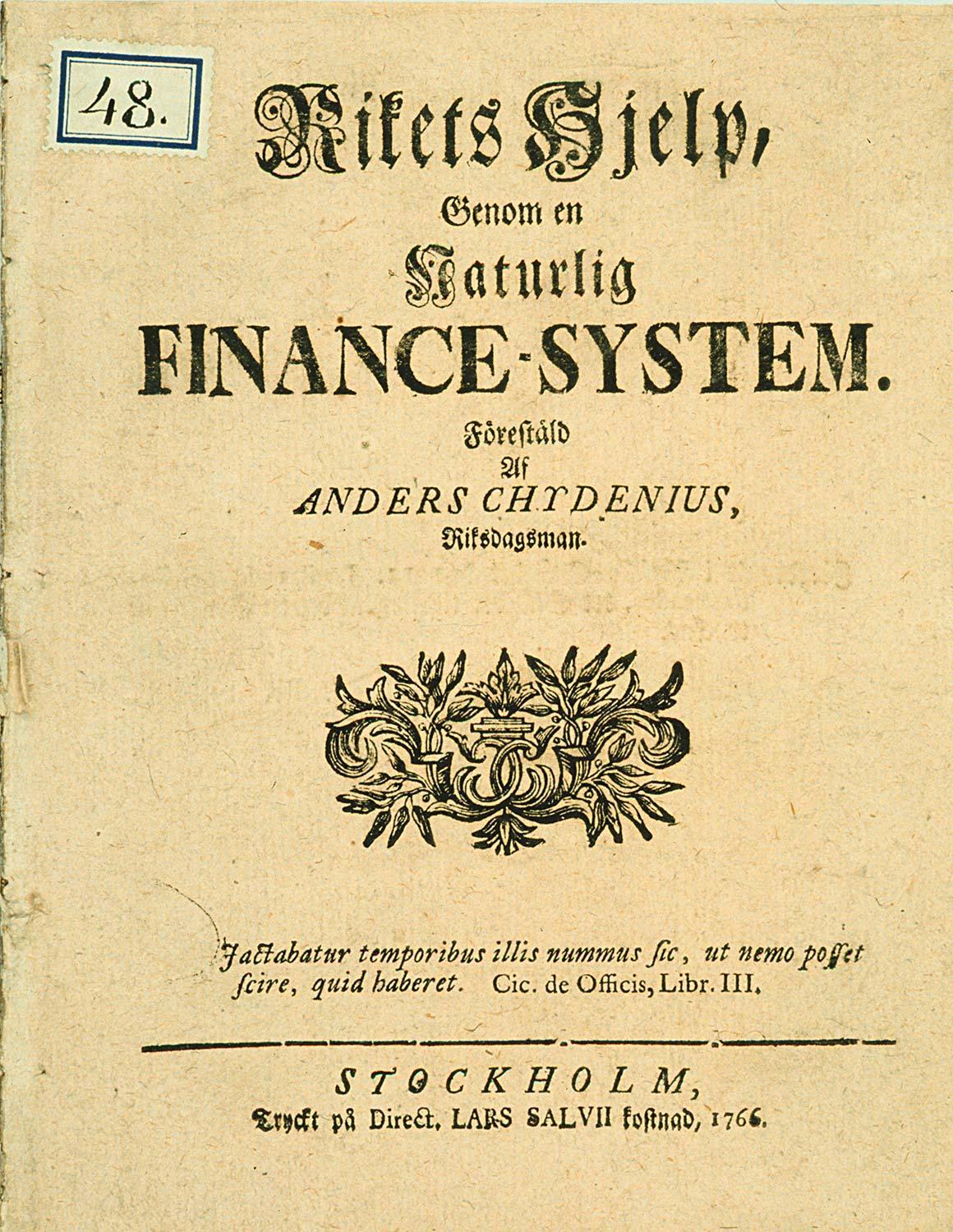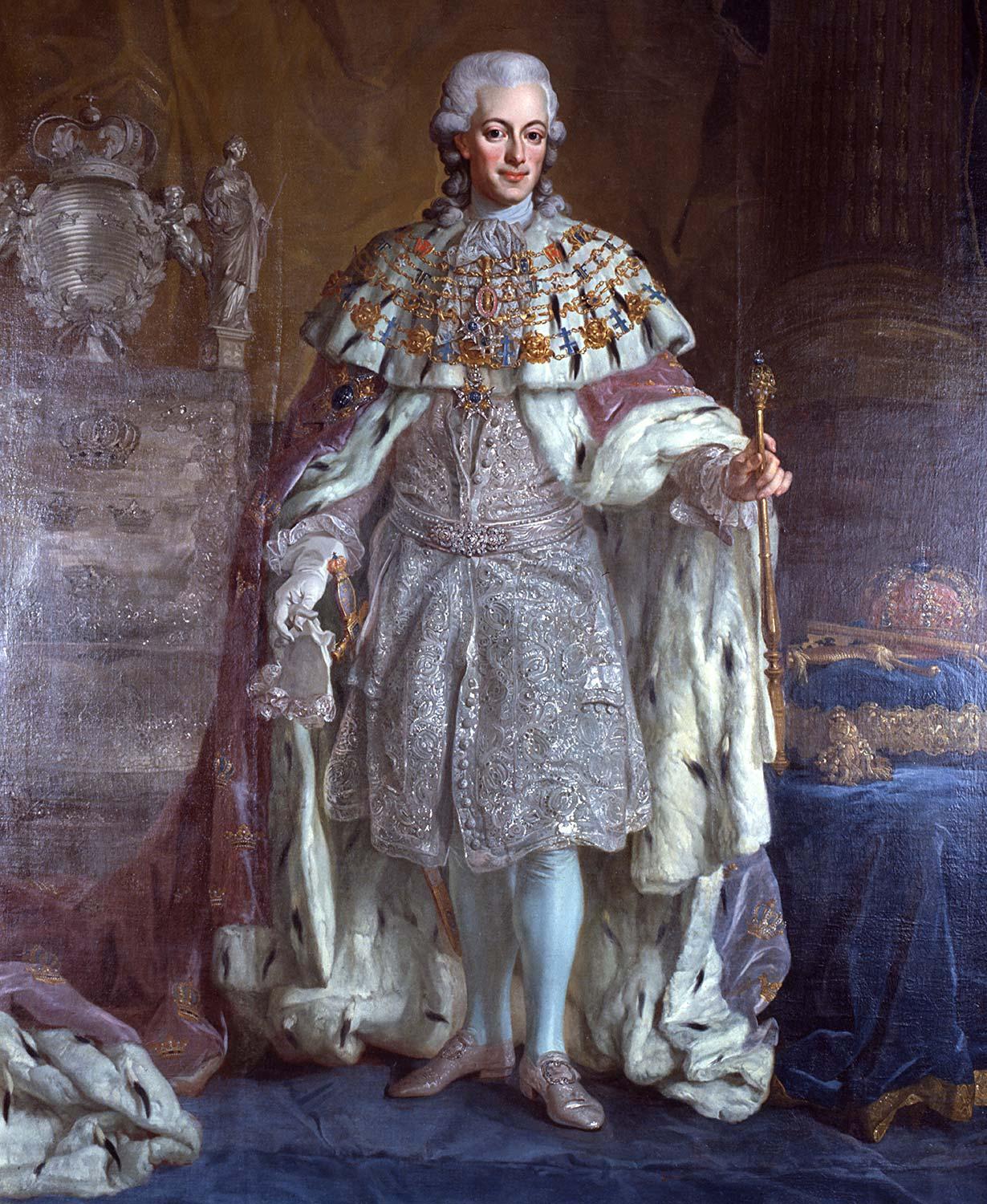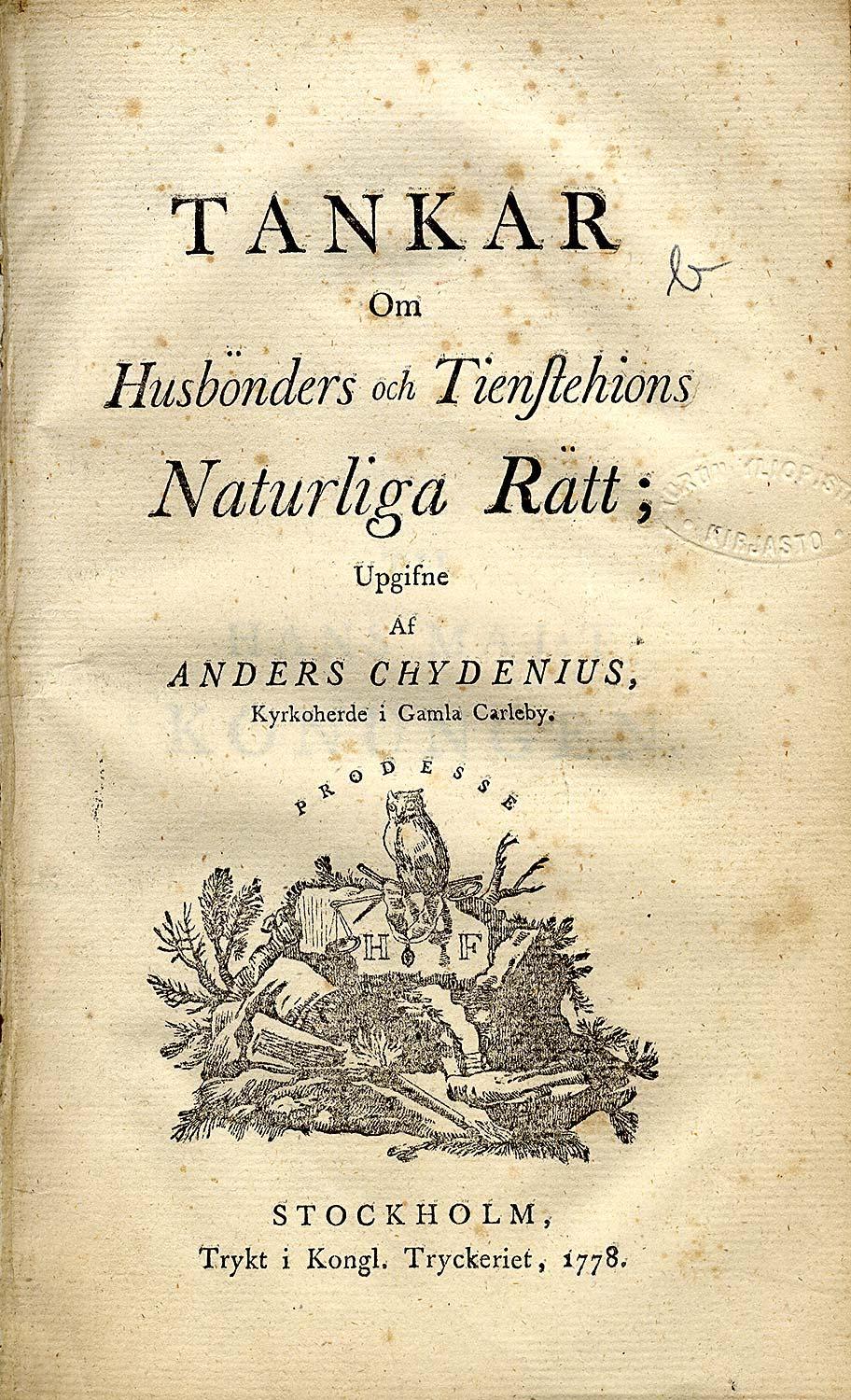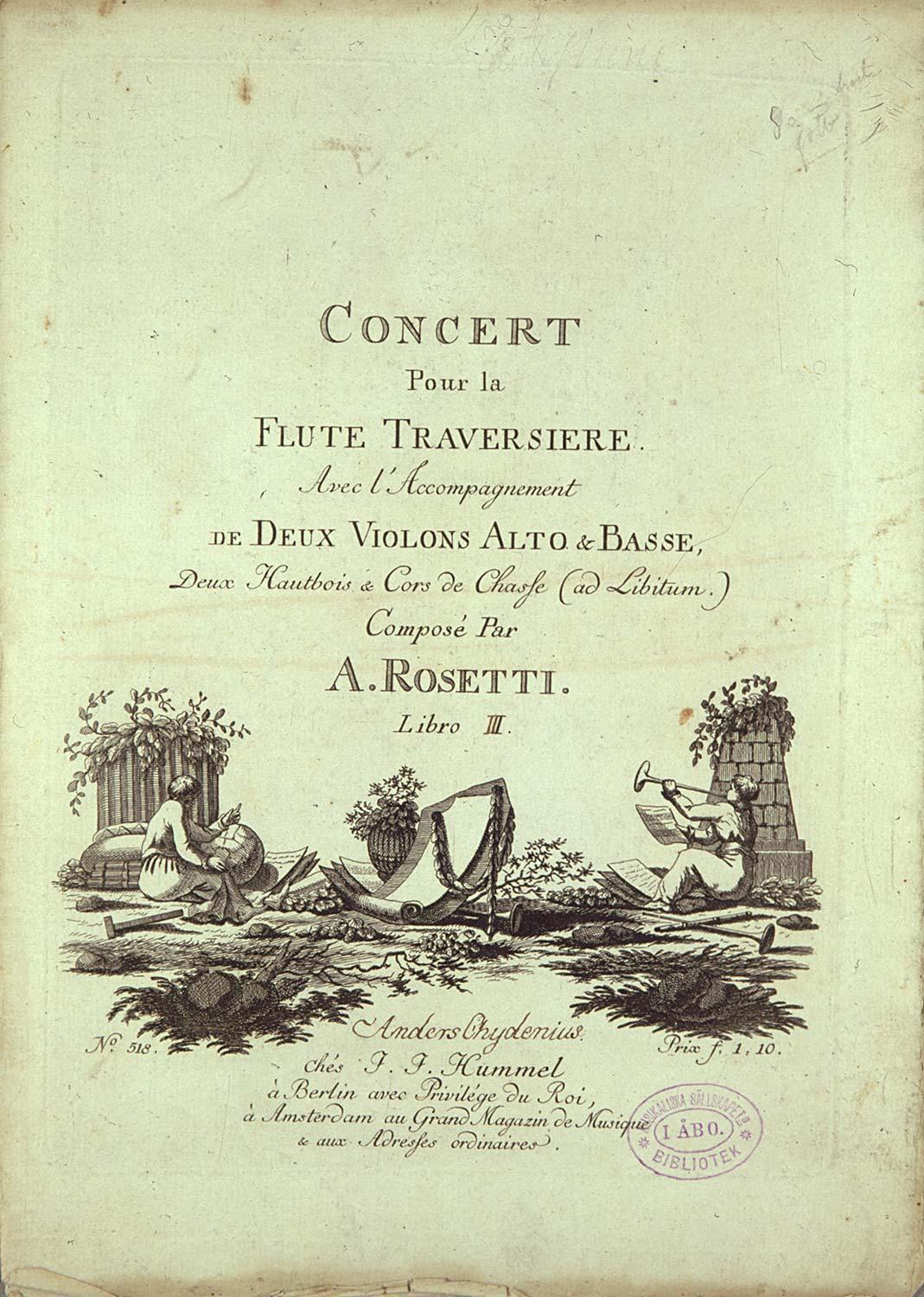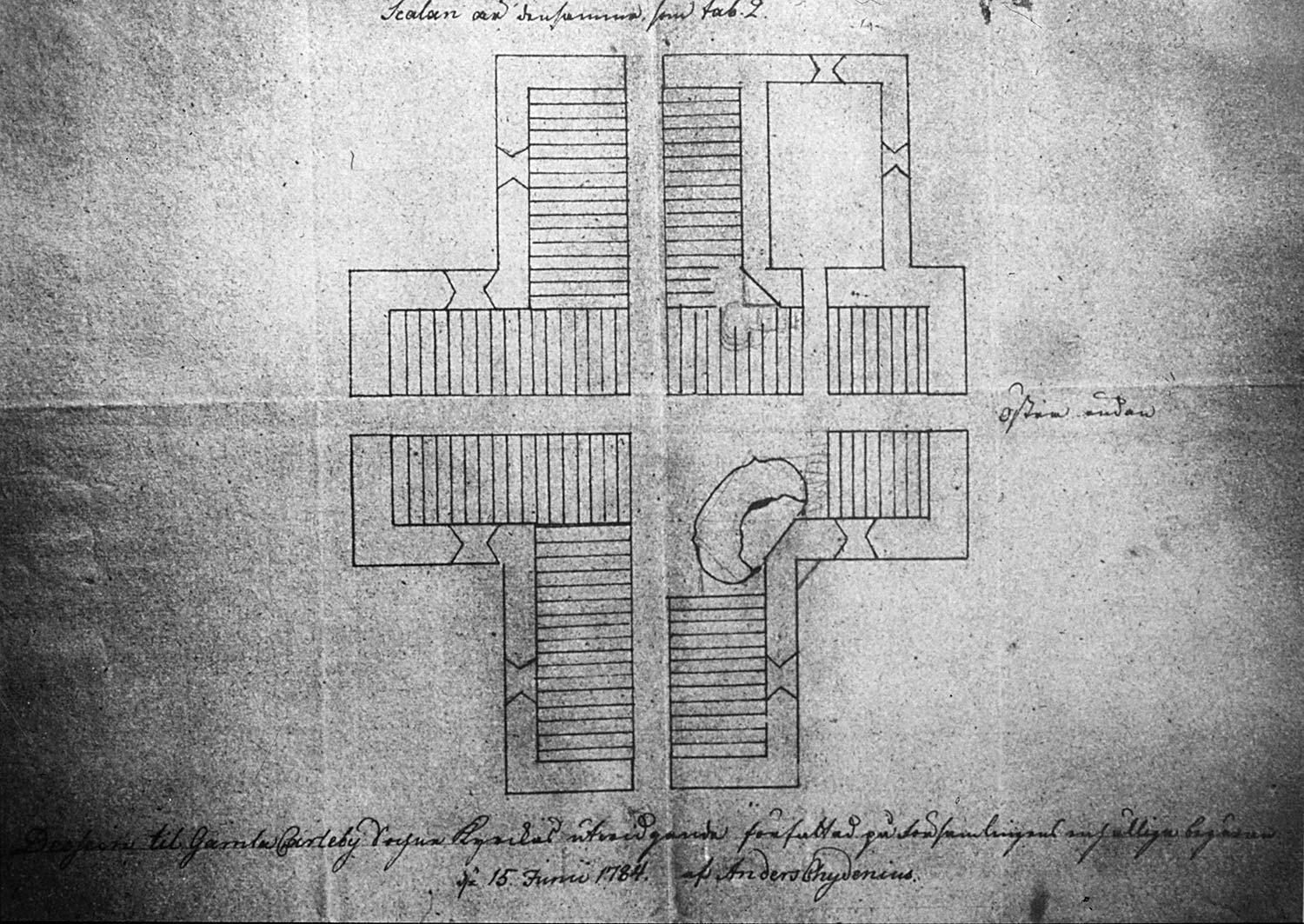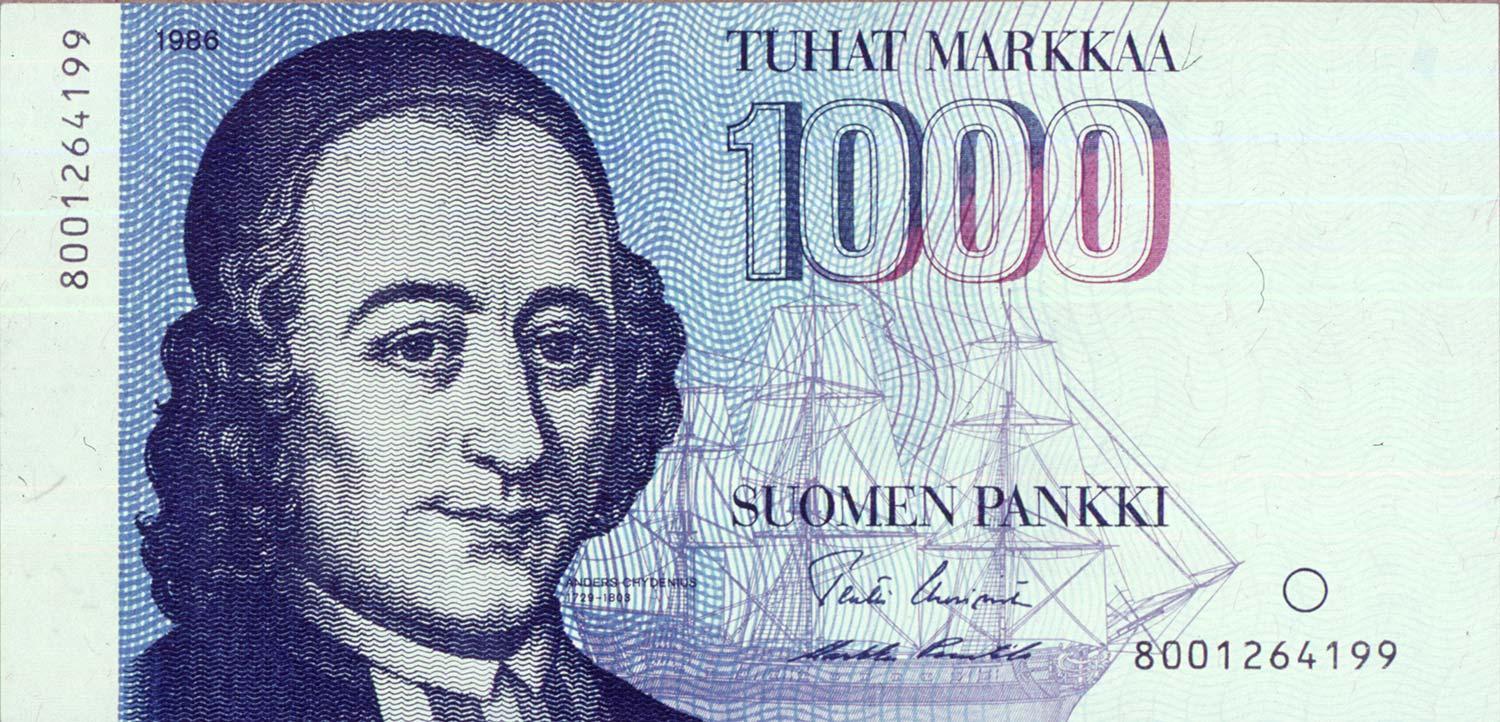The Shepherd of God
The Bible and Reason
Chydenius is often considered a religious conservative. However his religious views and his disciplining of church attendance were surely nothing very exceptional amongst the priesthood of his time.
The concepts of Chydenius’ religion combined pietism, which emphasized a person’s own religious beliefs, with the rationalistic theology of his time, which for example saw the achievement of happiness on earth as being in accord with God’s will. Thus Chydenius’ efforts on social issues were in no way contradictory with his religious convictions, but an integral part of them.
Chydenius’ contact with his congregation was very intimate. Assemblies were held in the reception hall of the rectory, assemblies which had become well-known already through the years at Alaveteli. Chydenius speciality was discussion, through which he aimed to “enlighten, persuade and move” his flock.
Freedom of Faith
Attachment to, or the practice of religious worship in other faiths were discussed throughout the eighteenth century in Sweden. Behind this were partly purely economic reasons – it was considered that the immigration of foreign professionals was desirable. In addition, various intellectual authorities influenced the matter. These were at first Locke’s and Pufendorf’s ideas and then later the enlightenment philosophers’ viewpoints in support of religious freedom.
A kind of freedom to religious practice was achieved at the beginning of the century by the reformed church, then by the Catholics, and finally by the Jews, under Gustavus III. The official church opposed these developments continuously.
Chydenius and the Memorandum
Gustavus III wished to show his enlightened attitude also in the area of religious liberties, and to this end he arranged that a proposal would be put forward at the Diet of 1778–1779. Anders Chydenius, whose views on this kind of subject were suited to its representation, was brought in to present a memorandum. Probably Chydenius also wanted to strengthen his own political influence with the king. The memorandum, which thus cannot really be considered Chydenius’ own independent work, proposes a limited degree of religious liberty for foreign immigrants. The clergy opposed the memorandum, whilst the three other estates supported it.
The statute of 1781 on religious liberties, which concerned only Christians, altered the position of foreigners but little, and not always for the better. For example the Catholics became common Swedish subjects, which appreciably worsened their position.



